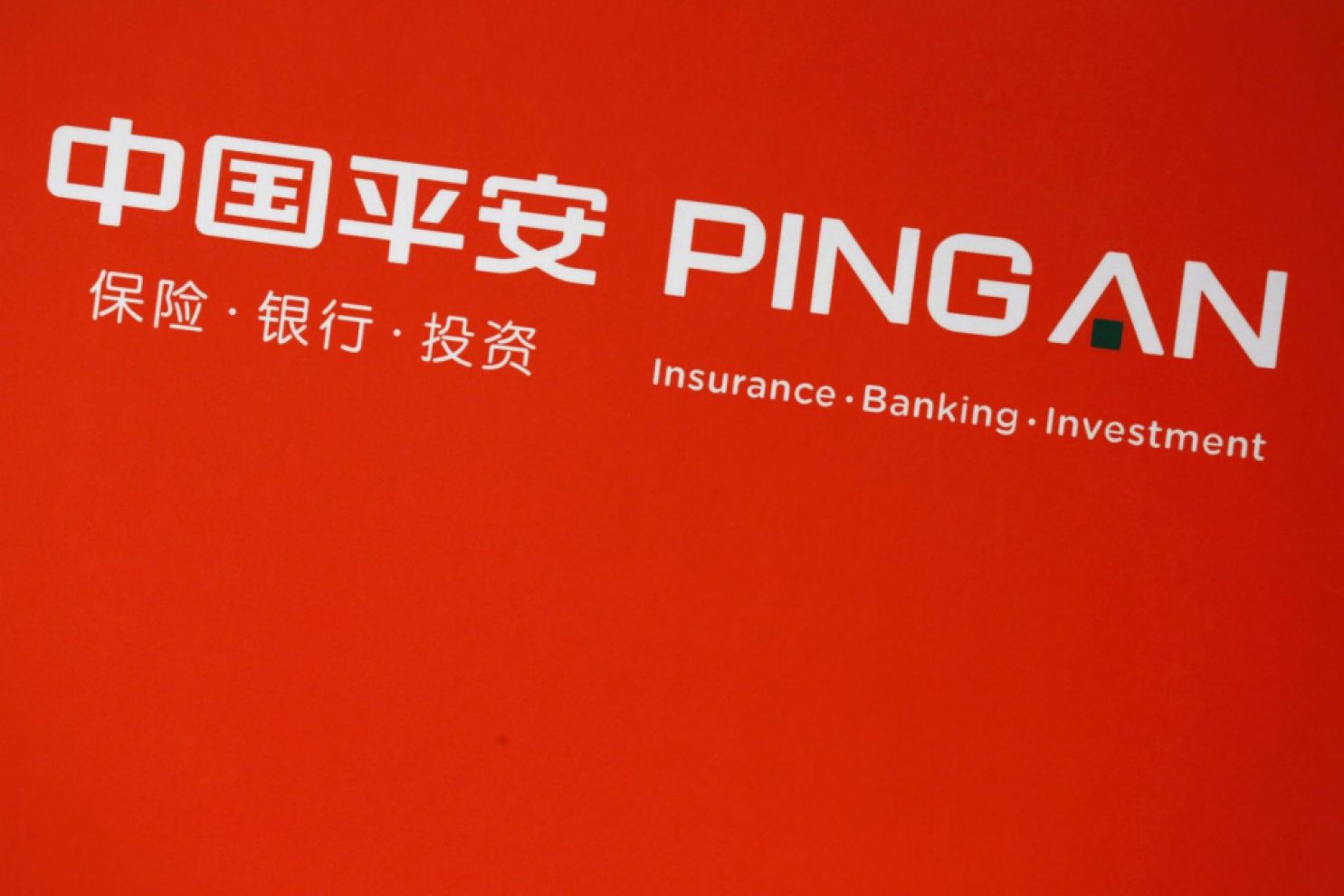
Ping An targets Japan in bid to diversify outside of China
[TOKYO] Ping An Insurance (Group) Co plans to invest US$100 million a year in Japanese companies as it seeks to diversify its investments outside of China.
China’s second-largest insurer will put money with private equity funds that invest in sectors including food, consumer products and services, medical and healthcare, said Takeshi Nakabayashi, president of Ping An Japan Investment, a Tokyo-based unit. Separately, Ping An plans to invest 9 billion yen (S$112.09 million) to bring its stake in Ascot Corp, a local residential developer, to 73 per cent, as it seeks to use the company as a platform to invest in the city’s real estate market.
The insurer, which has doubled assets over the past four years, is looking for ways to increase its investment return and manage currency risks as the yuan has slumped versus the US dollar.
To get a higher and more diversified investment return, Ping An is looking to invest overseas even as China’s regulators are clamping down on foreign acquisitions by Chinese companies.
As revenue from selling insurance has surged, Ping An has started to look for “investment opportunities more intensively outside of China,” Mr Nakabayashi said.
The Japan unit was set up in November 2015 with a plan to invest US$50 million through private equity, but that target has doubled to US$100 million a year, said Mr Nakabayashi.
Ping An plans to provide funding and marketing support for medium to large Japanese companies that either plan to enter China’s market or are benefiting from inbound tourism to Japan. It is looking to invest in companies with enterprise value ranging from about 5 billion yen to more than 50 billion yen, targeting a return of 20 percent a year.
Separately, Ping An is seeking to gain stable returns from Tokyo’s property market by building a platform on which it can invest in real estate though a listed company.
In the Japanese capital, the capitalisation rate for apartments – a property’s net income divided by its purchase price – has declined to the lowest in seven years, a signal that usually presages an increase in prices.
Ping An became the largest shareholder of Ascot in May after it bought a 32 per cent stake in the company. It plans to acquire an additional stake of 60 per cent in Ascot at 255 yen each (a 61 per cent discount), according to an Ascot statement on March 15. The price offered is based on the current level of Ascot’s profitability and the proposal is subject to shareholder approval on April 19.
Ascot shares fell to the lowest level in more than four months, declining 4.6 per cent to 483 yen as of 10.56 am in Tokyo.
Ascot, which specialises in high-end apartments, will use the additional funding to increase its investments in larger developments and renovation projects.
“The cost of borrowing from the bank is very low. So compared with China, we can enjoy a yield gap,” said Mr Nakabayashi.
“We are thinking to expand the business and the team through Ascot.”
BLOOMBERG





